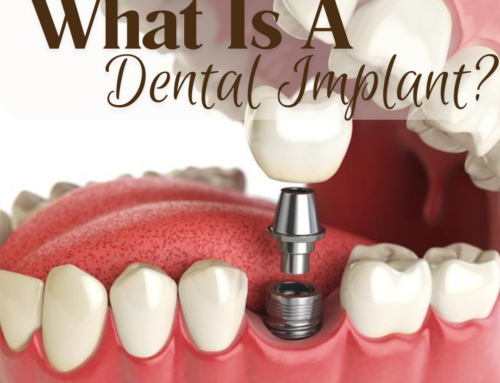Implant Timeline
A Dental Implant is a surgical component that fuses with the bone of the jaw or skull to support a dental prosthesis. To learn more about the different components of an implant or reasons you may need one, please click here (the word here will be a link).
There are many different reasons one might need a dental implant, and the process can be quite extensive. The timeline for receiving a dental implant can vary depending on several factors. An Oral and Maxillofacial (OMS) surgeon will need to consider the patient’s oral health, the need for any preliminary procedures, and the type of restoration being performed. There are several stages that take place to ensure the success of an implant.
- Initial Consultation: The process begins with an initial consultation with one of our Oral and Maxillofacial Surgeons (OMS) specializing in dental implants. During this appointment, the surgeon will take X-Rays, a Cone Beam CT (CBCT) Scan, and/or an intraoral mouth scan in order to evaluate the patient’s oral health, discuss treatment options, and develop a personalized treatment plan.
- This consultation at Mid-State Oral Surgery can be at any office, with any surgeon, and is typically scheduled to be about 40-60 minutes long.
- Pre-treatment procedures (if necessary): In some cases, patients may require pre-treatment procedures before implant placement to ensure the success of the implant. This may include tooth extraction, bone grafting, or gum disease treatment. These procedures all add extra time to the overall treatment timeline.
- At Mid-State Oral Surgery, our doctors require a minimum of a 3 month healing process after your teeth have been extracted before implants are placed in. After these 3 months, you will have your implant consultation to check on bone restoration and structure before moving onto implant placement.
- Tooth extraction and bone grafting can traditionally happen within the same surgery if the surgeon can see a lack of bone density on your CBCT scan. However, if you have your teeth extracted, wait for them to heal, and your bone does not remodel correctly within 3 months, our surgeons are able to do a bone graft within the same surgery as your implant placement.
- Implant Placement: Once any necessary pre-treatment procedures have been completed and the patient’s oral health is optimized, the dental implant surgery is scheduled. During this procedure, the implant fixture is surgically placed into the jawbone.
- The healing period after this surgery is several months. This is to allow for osseointegration, where the implant fixture fuses with and is surrounded by the jawbone, providing a stable foundation for the abutment and prosthesis.
- After or at your implant placement, Mid-State Oral Surgery will schedule the next step, abutment uncovering, for 4 months later.
- Abutment Placement: After the osseointegration process is complete and the implant has integrated with the jawbone, the next step involves attaching the abutment to the implant fixture. This minor surgical procedure exposes the top of the implant and prepares it for the attachment of the prosthesis. Within the 4 months after the implant placement, your gums will grow closed over the top of the implant fixture. This procedure is called an “uncovering” because the surgeons will literally “uncover” the top of the fixture in order to place the abutment on it.
- Typically, this can be done with a local anesthetic at Mid-State Oral Surgery. We place a healing abutment onto your implant fixture and allow your dentist to replace it with one that works to connect whatever prosthesis you’ve discussed with them.
- After this procedure, you will have to wait for the surrounding gum tissue to heal before any impressions are taken to create your prosthesis. Mid-State Oral Surgery recommends that you schedule this appointment with your dentist 2 weeks after the uncovery.
- Final restoration: Once the abutment is in place and the surrounding gum tissue has healed, impressions are taken to create the final dental prosthesis, such as a crown, bridge, or denture. These custom made prostheses are done by your dentist and individually designed to suit you and your mouth. Once the final restoration is ready, it is attached to the implant abutment, completing the restoration process.
Overall, the entire process of receiving a dental implant, from initial consultation to the placement of the final restoration, can take several months to complete. However, the result is a durable and long-lasting solution for replacing missing teeth and restoring oral function and aesthetics.
For any questions about types of implant prostheses, please contact your dentist to discuss which options might work best for you.
To schedule a consultation with Mid-State oral surgery for implants, please contact us.


